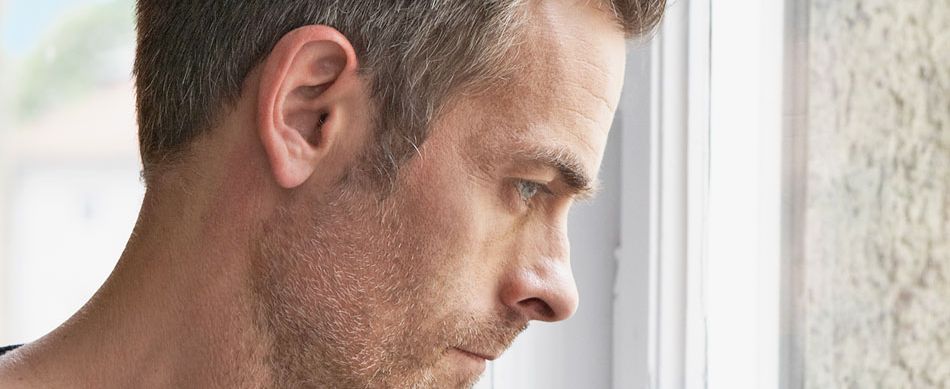No Friends
Dear Mr. Pfister: I struggle to connect to other people. I don’t really have any close friendships and any relationships I have started have always ended badly. Past significant others and friends tell me it’s hard to be around me because I’m always sad, and I tend to bring them or the entire friend group down. I see this to be true myself: I’m a really happy person, but once other people enter the picture I start acting and feeling sad. I don’t want them to go, but I make it hard for them to stay. I don’t understand it myself. I had a good childhood overall, apart from a lot of behavioral concerns as a child, but I eventually grew out of that. I used to tell my mother and father that it was because that was the only way they would spend time with me – if I was misbehaving. Could this be what I’m doing now as an adult? How do I build healthy friendships without falling into this same pattern?
There is a certain truth to the connection you’re making to your childhood. I have worked with many individuals in counseling who can relate to the experience you personally had of only being paid attention to by their parents when they were misbehaving, upset, or something else was going wrong. The belief the parents hold is that, if the child is not acting out or they appear content, they can shift their focus to other things. If the child became upset or starting acting out, their focus shifted back to the child. In a general sense, this isn’t wrong or illogical unless it is taken to an extreme or becomes the predominate manner of parenting, where the parents are not spending adequate time with their child unless they are acting out or there is some trouble to be addressed.
When this does become the normal manner of interacting between a parent and a child, the child may develop a cognitive pattern or habit of avoiding happiness with others because they associate happiness or contentment in relationship to others with abandonment. This can lead to feeling or appearing depressed when interacting with others because the person believes that if they are too happy or too content they will inevitably be abandoned – which is often how they felt as a child. Inevitably, this leads to a breakdown in relationships and the eventual outcomes you are experiencing.
How we find freedom from this belief and its influence on us is, firstly, in recognizing the ways in which it is sabotaging our relationships and actually leading to the abandonment we fear and are trying to avoid; and secondly, by actively working against the ways in which it has changed or influenced our behavior. We can do this by purposefully choosing to seek joy and things that lead to joy when we’re around other people. This can be coupled with avoiding behaviors that lead to isolation or pulling away from others that we tend to engage in when in the company of others. If we start to see these avoidant behaviors as the problem, they become less attractive and we will then become less likely to engage in them.
Lastly, we need to recognize and believe that, in the end, the people who are worth having in our life will love us whether we are feeling happy, sad, or something else. They will not abandon us because they value us as a person and desire to have us in their lives. Ultimately, we don’t need to be afraid of being abandoned by these individuals.



